How to tell if you have scalpne and what to do about it

Just like the skin on your face and body, your scalp has pores that can get clogged and result in acne.
These bumps can make even simple tasks like washing and combing your hair excruciatingly painful. There’s even a term for it: Scalpne (scalp + acne).
Don’t have scalpne? Read on anyway because according to the expert we spoke to, there are a few causes, and you’ll want to know what to do in case you get one at some point in time (*touches wood*).
According to Kate Lim, Trainer at Kerastase Paris, scalpne can be caused by an imbalance of hormones or hormonal changes as well as overactive oil glands. It’s similar to how your skin gets oilier a few days before your period.
The hair follicles get blocked with oil, dead skin or bacteria and get inflamed — and that’s likely to cause a pimple on your face.
If you’re on oral contraceptive, it could also be the reason why you’re breaking out on your scalp. Oral contraceptives sometimes cause your hormones to trigger an increase in oil production and as you’d know, more oil = pimples.
Other causes include not shampooing often enough (washing your hair with just water doesn’t count and honestly, why would you?), eating too much dairy and — surprise — too much stress. Now, excuse us for a second while we tell our boss that work in general is making us have pimples on our scalp.
“It is important to keep the scalp clean as we sweat and also produce sebum, and there is also a build up of dirt and pollution,” explains Kate.
Washing your hair regularly with a gentle shampoo that doesn’t strip your hair of the natural oils will help tackle the build-up of dirt and pollution, while incorporating products which have salicylic acid will help tackle the problem of excess sebum, hence reducing the chances of you getting acne.
It’s also important to work in a hydrating mask that will help keep the scalp moisturised. Just like your skin, stripping the scalp of its natural oils will cause it to produce more oil to compensate for the loss, which can lead to more pimples on the scalp.
You can also use the Kérastase Paris Cure Pelliculaire — a leave-in treatment which, according to Kate, has antibacterial properties and helps fight infection too.
While waiting for your pimples to subside, make sure you don’t pick at them because this could cause the bacteria to spread and cause more breakouts.
It could also cause scabbing which could hamper hair growth. Also, it’s a good idea to avoid using styling products close to the scalp as it could make matters worse.
More importantly, be gentle when brushing your hair so as not to scratch or irritate the pimples.
Now that you’ve got that sorted, here are some products you can try to keep your scalp clean and healthy, which will minimise your chances of getting scalpne.
How to tell if you have scalpne and what to do about it
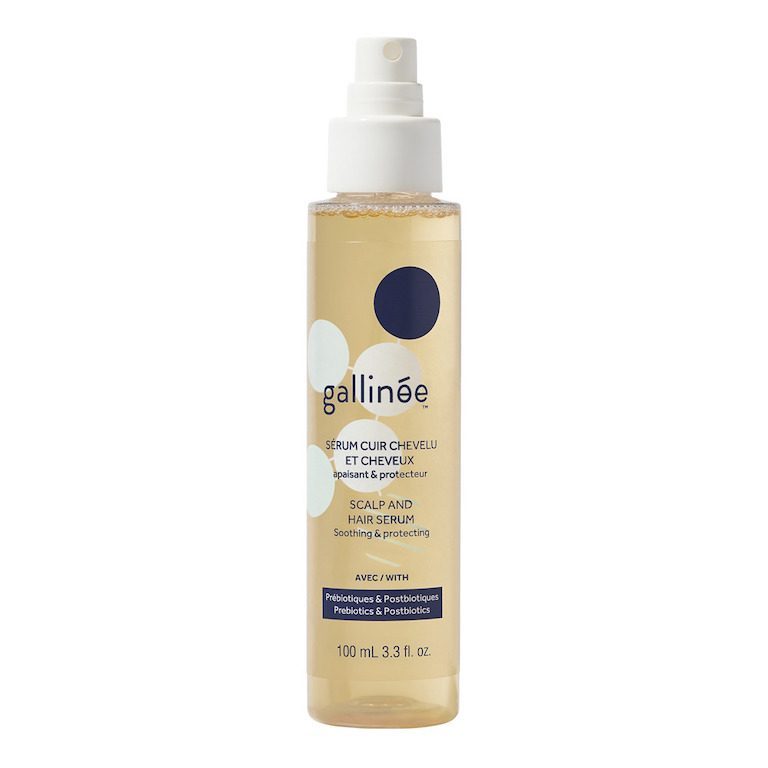
Lactic acid gently exfoliates away dead skin cells and hydrates the scalp while prebiotics, fermented rice water and artichoke extract further support the health of the hair and scalp.
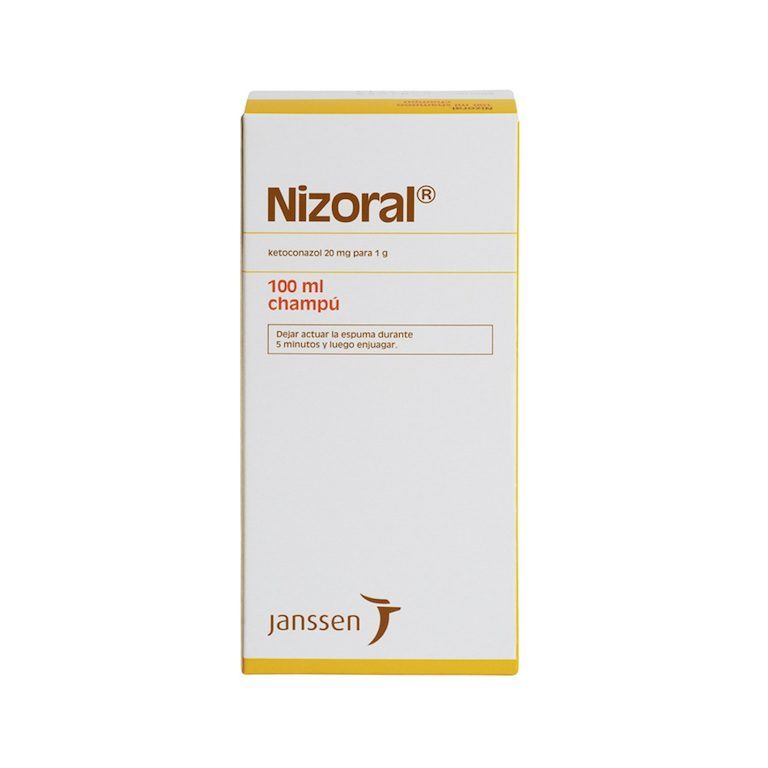
This shampoo contains anti-fungal ingredient ketoconazole to target fungal infections that causes scalp acne and dandruff.
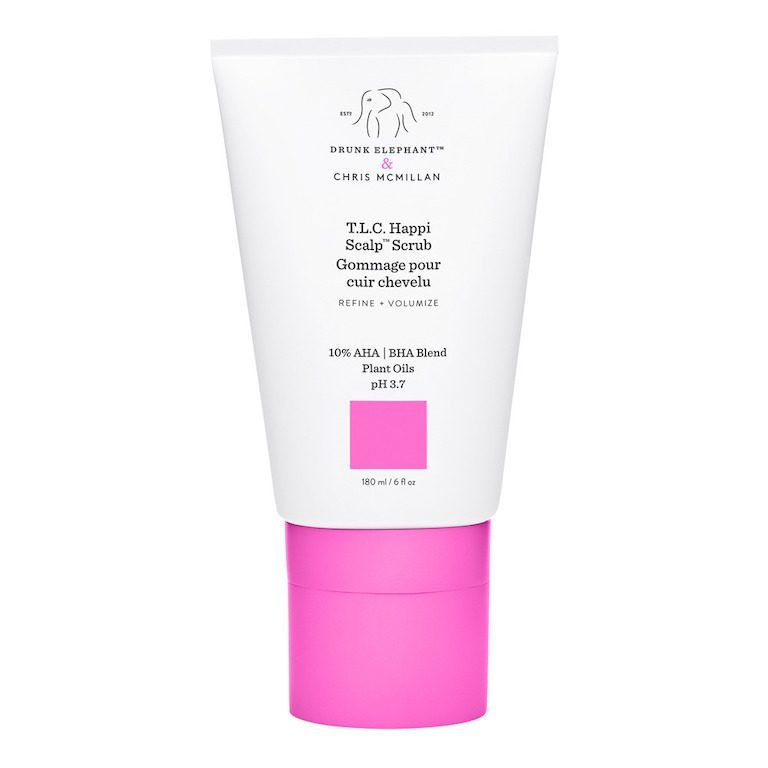
This scrub uses glycolic and salicylic acids in tandem with cellulose beads to give a deep cleanse while amino acids and plant oils nourish and hydrate.
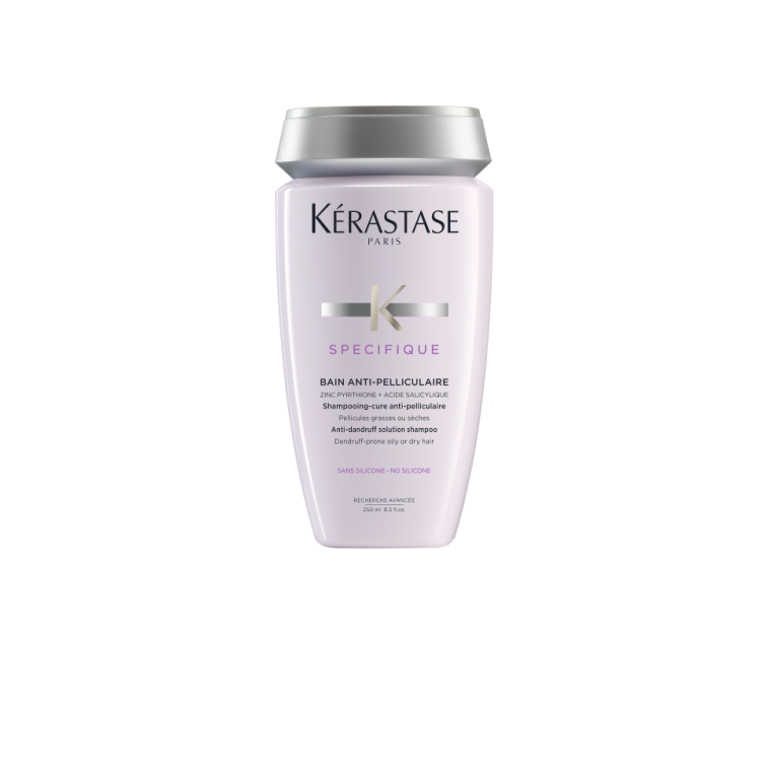
Formulated with salicyclic acid, which deep cleanses the scalp of dead skin, sebum and any residue from styling products, and zync pyrithione, an antibacterial ingredient that eliminates micro-organisms responsible for dandruff, this shampoo leaves your scalp clean and flake-free.
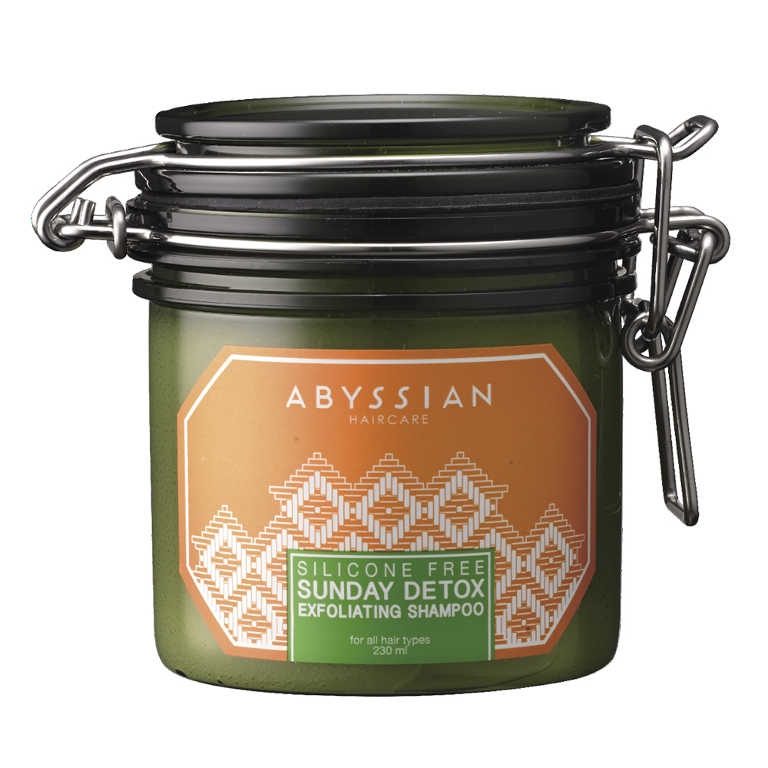
Gently work the paste into your roots to tackle any product residue, itchiness and flakiness, thanks to Dead Sea salt rocks and coconut-based cleansing agents and Abyssinian oil. It’s also great for oil-prone, sensitive scalps.
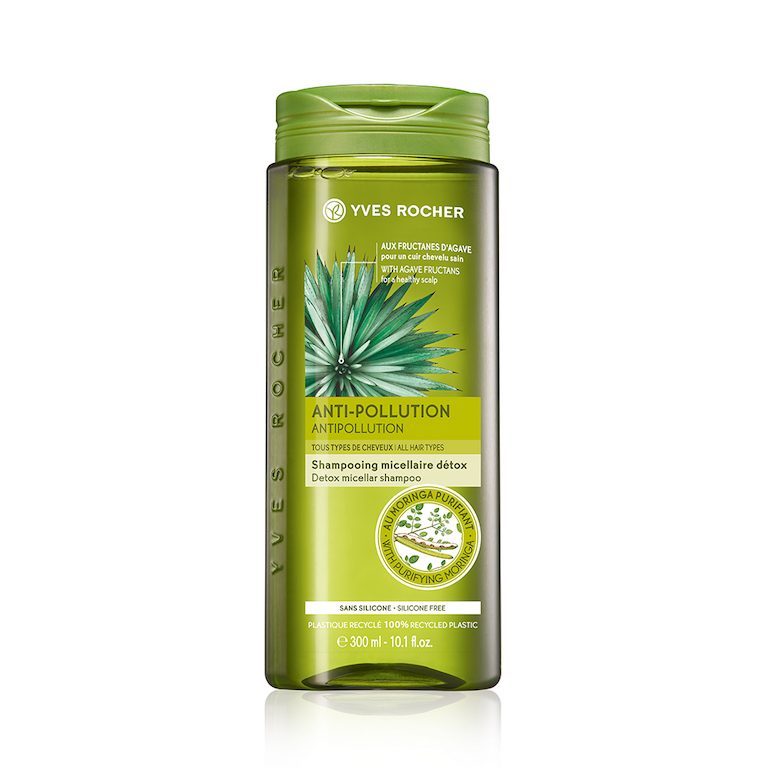
Using micellar technology, the moringa seed-infused shampoo gently removes pollution and sebum while agave fructans promote microcirculation for a healthier scalp.
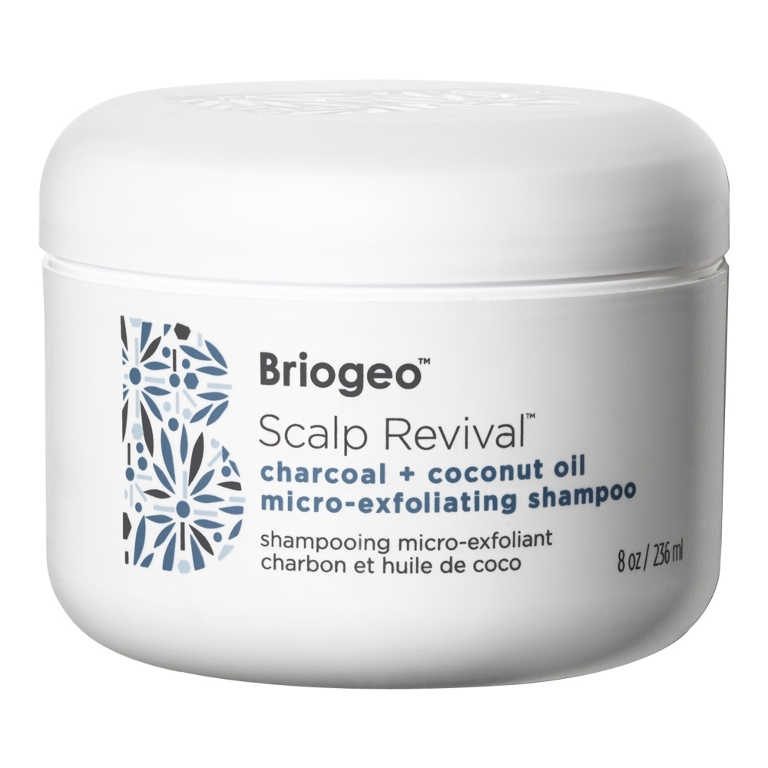
This is everything you need if you have a greasy, imbalanced and inflamed scalp.
The paste lathers into a gentle foam to wash away product build-up, dead skin and impurities, while cooling the scalp and soothing any inflammation. The coconut oil ensures hair and scalp are both hydrated and healthy.
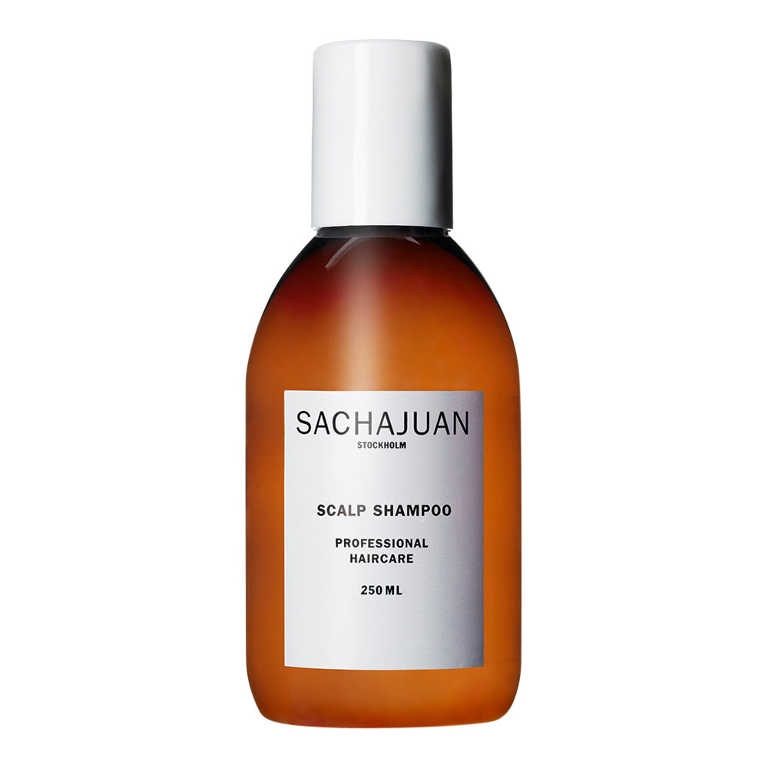
This shampoo tackles dandruff, soothes irritated and inflamed scalp and maintains an optimal moisture balance so your scalp feels refreshed and soothed, while your hair looks voluminous and glossy.
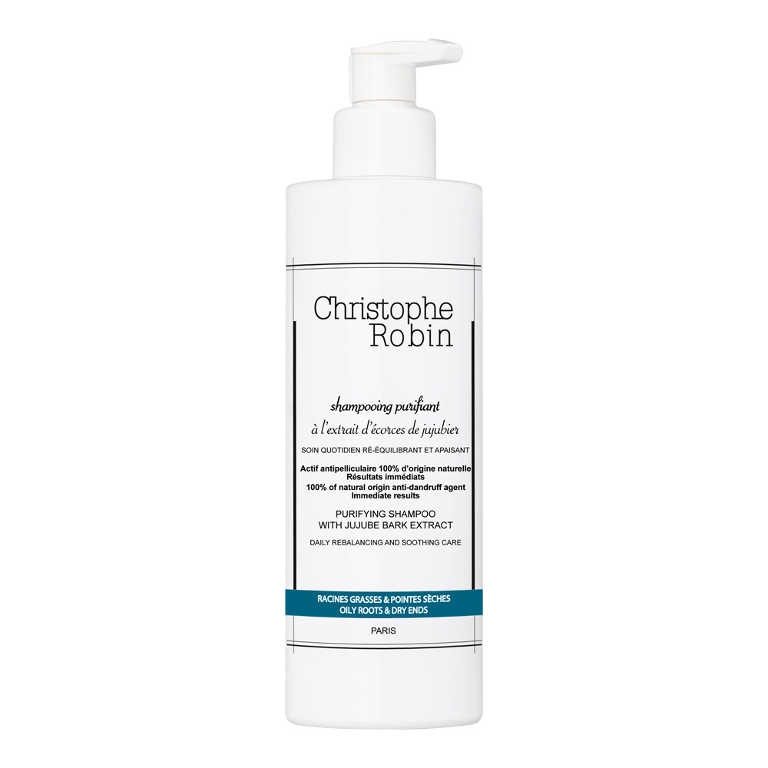
Jujube bark extract helps get rid of annoying white flakes, regulates excess sebum and soothes any itchiness, while cherry flower extract calms and hydrates the scalp. The result is a healthy scalp with glossy hair.
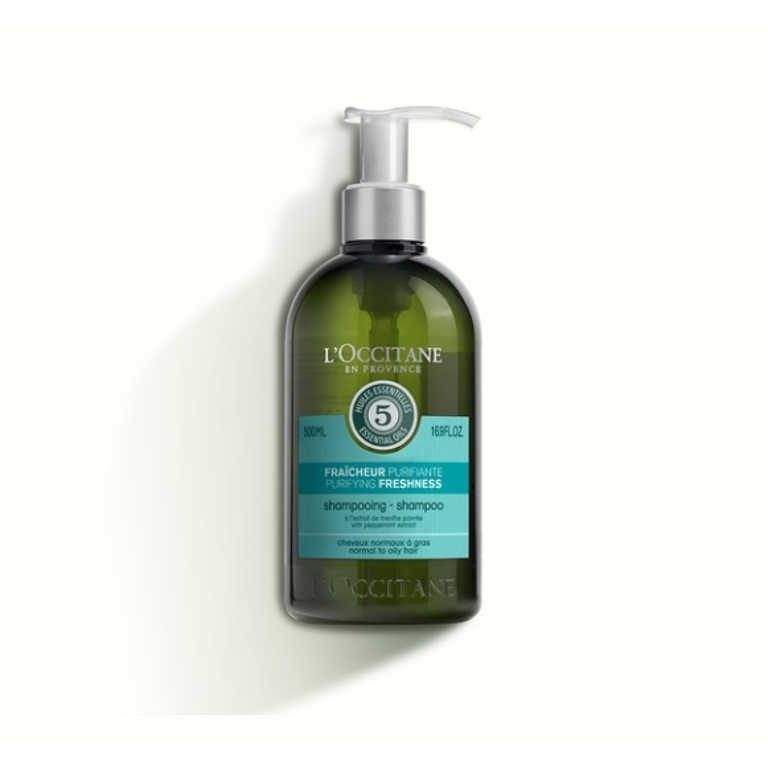
Five natural essential oils — peppermint, thyme, grapefruit, cedarwood and lavender — work synergistically to purify the scalp of product residue, impurities and any greasiness that may be weighing your hair down.
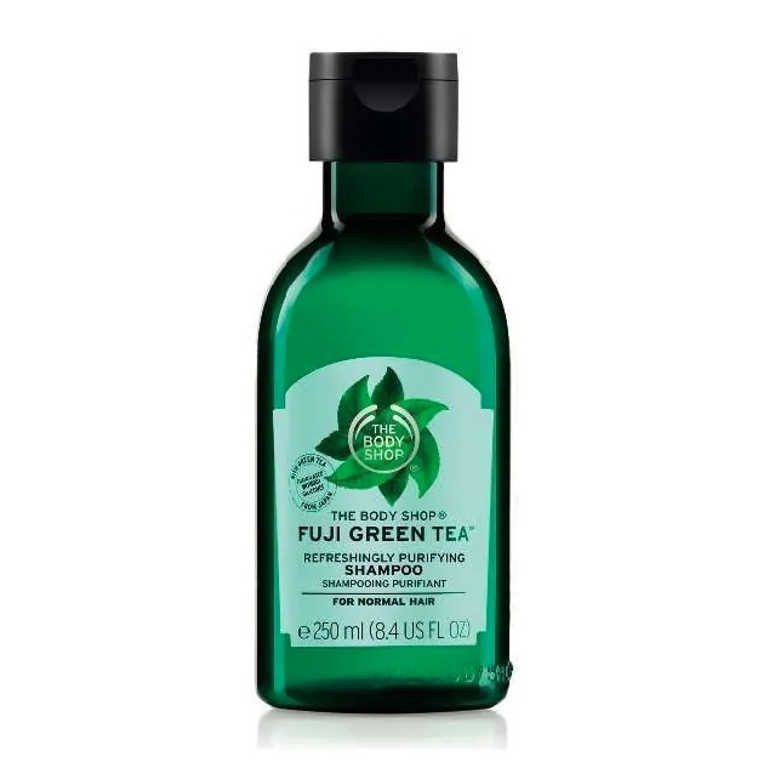
Formulated without silicones and colourants, Japenese green tea cleanses the scalp to remove impurities, while Community Trade honey from Ethiopia keeps it hydrated.
This article was first published in CLEO Singapore.